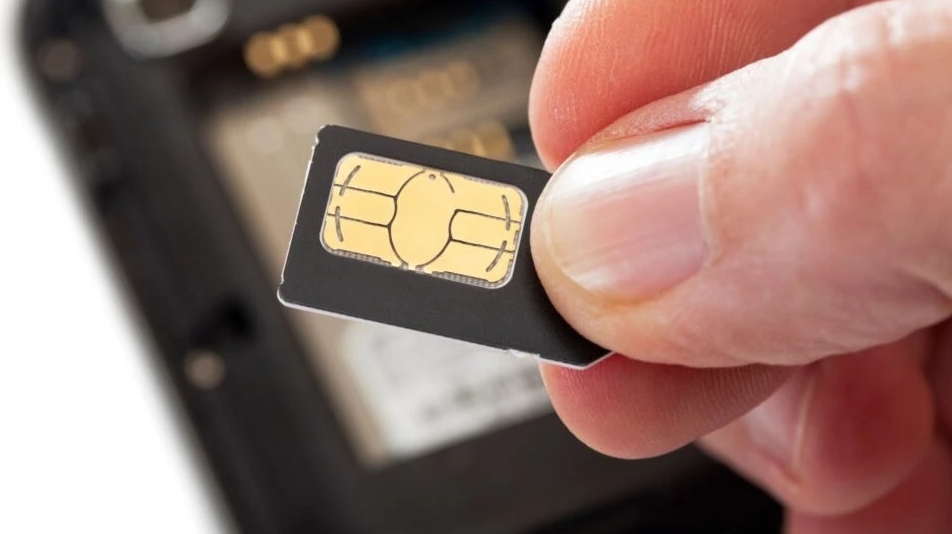Impact of smartphones on society. The Transformative Impact of Smartphones on Society. Smartphones have become ubiquitous in modern society, fundamentally altering the way we communicate, work, and navigate the world. These pocket-sized devices have evolved beyond mere communication tools, shaping societal norms and influencing various aspects of our daily lives. This article explores the profound impact of smartphones on different facets of society.
Communication Revolution:
Smartphones have revolutionized communication, making it instantaneous and borderless. Social media platforms, messaging apps, and video calls have connected people across the globe, fostering a sense of interconnectedness. However, concerns about the impact of constant connectivity on mental health and interpersonal relationships have also emerged.
The Communication Revolution refers to the significant advancements in communication technologies that have occurred over time, fundamentally changing how people interact and share information. It’s an ongoing process marked by several key periods.
Information Access and Awareness:
Smartphones have democratized access to information. With a few taps, users can access news, educational resources, and a wealth of knowledge. This accessibility has empowered individuals, but it also poses challenges, such as the spread of misinformation and the potential for information overload.
Information access refers to the ability of individuals to obtain and use information. This includes:
Physical access: Having the infrastructure and resources to connect to information sources, such as libraries, internet, etc.
Economic access: Being able to afford the costs associated with accessing information, such as internet subscriptions or library fees.

Economic Impact:
The smartphone industry has become a significant driver of the global economy. App development, e-commerce, and digital services have created new opportunities for businesses and entrepreneurs. However, the digital divide remains a concern, as not everyone has equal access to the benefits of smartphone-driven economic activities.
Increased productivity and efficiency: Access to information allows businesses and individuals to make better decisions, solve problems more effectively, and optimize processes, leading to increased productivity and efficiency.
Innovation and entrepreneurship: Information fuels innovation by allowing individuals and businesses to learn about new technologies, markets, and trends, ultimately fostering entrepreneurship and economic growth.
Changing Social Dynamics:
Smartphones have influenced social interactions and behaviors. The rise of social media has reshaped how individuals form and maintain relationships, share experiences, and express themselves. The pursuit of likes and validation on social platforms has led to a new dimension of social dynamics.
The explosion of information access and communication technologies has significantly reshaped the way we interact and organize ourselves socially. These changes are ongoing and complex, influencing everything from personal relationships to cultural values and political movements.
Work and Productivity:
Smartphones have transformed the traditional work environment by enabling remote work and providing access to work-related tasks anytime, anywhere. While this flexibility enhances productivity, it also blurs the lines between work and personal life, contributing to the “always-on” culture.
The way we work and the tools we use to be productive have changed dramatically in the information age. In the past, work was often limited to physical spaces and traditional tools like pens, paper, and filing cabinets. Today, information technology has transformed the workplace, enabling us to work remotely, collaborate globally, and access vast amounts of data and resources.

Privacy Concerns:
The constant connectivity of smartphones raises significant privacy concerns. Data collection, location tracking, and surveillance through these devices have sparked debates about personal privacy rights. Striking a balance between convenience and safeguarding individual privacy remains a key challenge. See more of our services: phone numbers temporary.
The Information Age has undoubtedly brought immense benefits, but with it, a multitude of concerns have risen related to our privacy. As we leave digital footprints across diverse platforms, our personal information becomes increasingly vulnerable, raising the following key concerns.
Cultural Impact:
Smartphones have influenced cultural practices, from the way we consume entertainment to the creation of new forms of digital art and expression. The immediacy of information exchange has played a role in shaping cultural trends and fostering global awareness of diverse perspectives.
Smartphones have undeniably left an indelible mark on society, ushering in a new era of connectivity and convenience. While they bring numerous benefits, it is crucial to navigate the challenges they pose, such as privacy issues, digital addiction, and the need for equitable access. Striking a balance between harnessing the positive impacts and addressing the negative consequences will be essential as society continues to adapt to the ever-evolving influence of smartphones.



